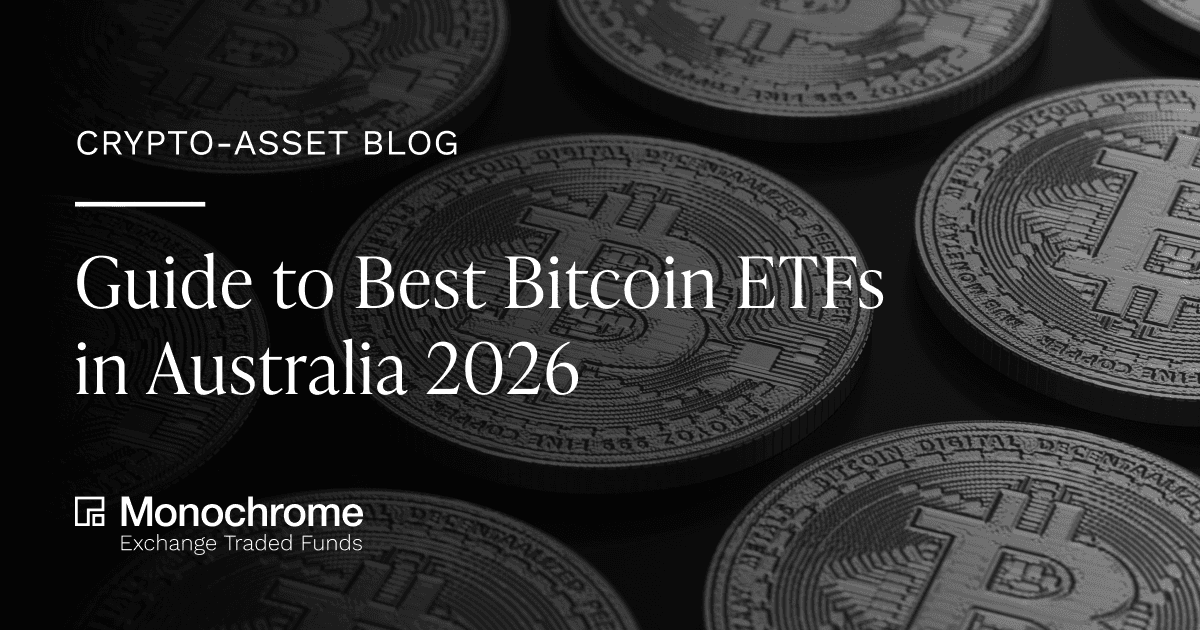Share

Cryptocurrency Hedge Fund Galois Capital Shuts Down After Losing $40 Million to FTX
On 20 February, Galois Capital announced that it was shutting down following losing approximately half of its assets as a result of exposure to the fall of FTX. Galois Capital had approximately $45 million USD of assets exposed to FTX’s bankruptcy.
When active, Galois Capital was one of the world’s largest crypto-focused quantitative funds. It managed approximately $200 million USD in funds at its peak in 2022. In particular, it operated as a cryptocurrency hedge fund that specialised in over-the-counter trading and algorithmic market making.
In November, it was reported that the fund had approximately $40 million USD worth of funds in FTX, which later became trapped on the exchange. The news was confirmed in a tweet from Galois Capital’s official Twitter account, where they stated that:
“Yes, it is true that our flagship fund is shutting down.” - Galois Capital.
Galois Capital told all investors that trading has been halted and all of its positions have been unwound. Furthermore, clients would be able to receive 90% of the money not on FTX. The other 10% would be temporarily held back until discussions with fund auditors and administrators are complete. Galois has since sold the fund’s claim for approximately 16 cents on the dollar.
SEC Charges Do Kwon and Terraform Labs with Defrauding Investors / SEC Gearing Up to Take Action Against Binance USD Stablecoin Issuer Paxos
On 16 February, the Securities and Exchange Commission (SEC) charged Terraform Labs and Do Kwon with orchestrating a multi-billion dollar cryptocurrency asset securities fraud. These charges are in reference to the fallen Terra-Luna UST project, which collapsed in May 2022 and saw billions of dollars erased.
The SEC’s complaint alleges that Terraform Labs and Do Kwon predatorily marketed their projects, claiming that the tokens would continue to increase in value. An example of this is that they marketed their UST stablecoin token as a “yield-bearing” stablecoin which paid as much as 20% yield through Anchor Protocol. Furthermore, it was also alleged that Terraform Labs and Do Kwon claimed that a popular Korean mobile payment application used Terra to settle their payments. As such, it was alleged that Terraform Labs and Do Kwon did not properly disclose the risks and usage requirements needed for such a security.
On 19 February, it was reported by CNBC that the SEC is preparing to take action against Paxos, the company that issued Binance’s stablecoin, Binance USD (BUSD). This comes after the regulator of the state of New York ordered Paxos to stop issuing BUSD last week, and after Paxos claimed that the SEC is considering recommending an action alleging that BUSD is a security. While the SEC has not begun enforcement action in relation to BUSD, the commencement of that action could have a large impact on the stablecoin space, because if the SEC charges Paxos, then other stablecoin issuers could potentially face similar allegations and enforcement actions by regulators.
Restrictive Cryptocurrency Rules for EU Banks Confirmed in Published Legal Draft / EU Calls for Fast-Tracking of Cryptocurrency Capital Rules for Banks
On 13 February, it was announced under a draft law published by the European Parliament that European Union banks would have to place the maximum possible risk weight on crypto assets.
Under the draft proposal, all European Union banks would have to disclose their direct and indirect exposure to cryptocurrency. The maximum possible risk weight is 1,250%, and as such, this risk weight would be applied to all crypto assets held by banks. This would have the effect of disincentivising banks to keep crypto assets in their custody. Before this law is passed, all European Union member governments must agree on proposals.
On 20 February, it was stated by an executive of the European Union that these proposed capital rules for holding crypto assets must be fast-tracked if Europe wants to avoid missing a globally-agreed deadline. The deadline in question is the January 2025 deadline for implementing capital requirements for banks’ exposures to crypto assets, which was set by the global Basel Committee of banking regulators.
To implement the rules in accordance with Basel’s deadlines, the European Union has two options; either to propose a new law, or to expand the banking law it is currently finalising for the European Parliament.
The content, presentations and discussion topics covered in this material are intended for licensed financial advisers and institutional clients only and are not intended for use by retail clients. No representation, warranty or undertaking is given or made in relation to the accuracy or completeness of the information presented. Except for any liability which cannot be excluded, Monochrome, its directors, officers, employees and agents disclaim all liability for any error or inaccuracy in this material or any loss or damage suffered by any person as a consequence of relying upon it. Monochrome advises that the views expressed in this material are not necessarily those of Monochrome or of any organisation Monochrome is associated with. Monochrome does not purport to provide legal or other expert advice in this material and if any such advice is required, you should obtain the services of a suitably qualified professional.
Monochrome Asset Management
Related Articles

Monochrome Partners with Galaxy Digital for Total Bitcoin Wealth Management
Monochrome Capital, a related entity of the investment manager of the Monochrome Bitcoin ETF (IBTC), today announced a strategic partnership with Galaxy Digital to deliver comprehensive Bitcoin wealth management solutions for institutional clients.
